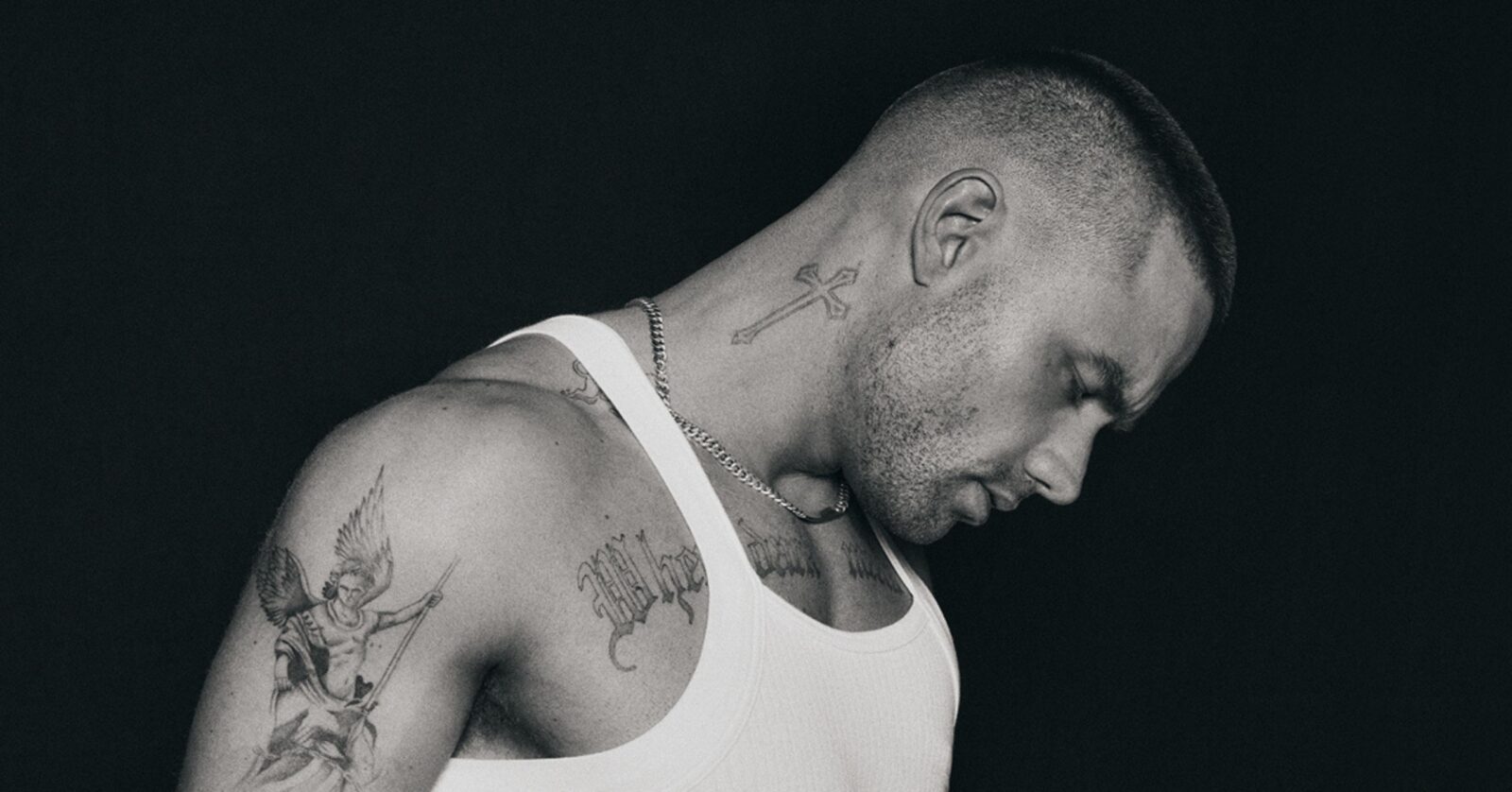
The sudden and tragic passing of Liam Payne has left fans and family members reeling, underscoring the often overlooked struggles of fame, mental health, and the immense pressure placed on young stars in the spotlight. As a former member of One Direction, Payne was not just a pop sensation but a beloved figure whose life was marked by both incredible highs and devastating lows. The outpouring of grief from fans and fellow musicians alike reveals the profound impact he had on the music industry and the hearts of those who followed him.
From the moment he stepped into the public eye at just 14 years old, Payne faced the whirlwind of fame that came with being in one of the world’s most successful boy bands. However, the glitz and glamour of stardom came at a cost. The pressures of public scrutiny, coupled with personal struggles, created a tumultuous existence that was increasingly difficult for him to navigate. His recent tributes from bandmates, particularly Harry Styles and Louis Tomlinson, highlight the deep bonds they shared and the heartbreak they feel at the loss of a brother figure. Styles poignantly described Payne as someone who “lived wide open with his heart on his sleeve,” emphasizing the vulnerability that often accompanies success.
Yet, behind the facade of fame, Liam Payne’s life was marred by personal battles that culminated in his untimely demise. Reports have emerged detailing the chaotic state of his hotel room at the time of his passing, suggesting a life in disarray. The presence of prescription medications, alcohol, and signs of erratic behavior paint a picture of a man struggling with his mental health. Law enforcement officials indicated that Payne was alone during the incident, and preliminary autopsy reports suggested that his death resulted from injuries sustained in a fall, raising questions about the factors that led to such a tragic end.
Adding to the complexity of his mental state was a recent legal battle with his ex-girlfriend, Maya Henry. Just days before his death, she had filed a cease and desist letter due to what she described as overwhelming and concerning behavior from Payne. The intensity of their unresolved relationship and her need to take legal action further underscores the emotional turmoil that permeated his life. Despite their breakup, the dynamics between Payne and Henry illustrate the deep-seated issues that many face when dealing with the fallout of a high-profile relationship.
Mental health struggles are not new to those in the entertainment industry, and Liam’s situation serves as a stark reminder of the importance of mental health awareness. Throughout his career, Payne had been candid about his battles with loneliness and the pressures of fame. His experiences resonate with many who have witnessed the toll that public life can take on mental well-being. As he once revealed in interviews, the weight of expectation and the feeling of being a commodity in the eyes of the public contributed to his deteriorating mental health.

The tragic reality is that while Liam Payne’s life was filled with opportunities and achievements, he often felt isolated and overwhelmed. The dichotomy of his fame and personal struggles highlights a pervasive issue within the entertainment industry: the need for a supportive framework to help young artists navigate the pressures of public life. The industry must acknowledge the emotional toll that fame can take and provide resources for mental health support.
In the aftermath of Liam’s passing, the response from the public has been one of sorrow and reflection. Fans have expressed their heartbreak through social media, sharing their memories of how his music touched their lives. The collective mourning for a young man who brought joy to so many speaks volumes about his legacy. However, it also serves as a reminder that behind every public figure is a personal journey that can be fraught with challenges.
As we remember Liam Payne, it is essential to celebrate his contributions to music while also acknowledging the deeper issues that led to his tragic end. The conversations surrounding mental health must continue to evolve, ensuring that future artists are equipped with the tools to cope with the pressures of fame. His story is a call to action for the industry to prioritize mental health and to foster an environment where open discussions about mental health are encouraged, rather than stigmatized.
In conclusion, the legacy of Liam Payne will be remembered not only for his musical talent but also for the lessons learned from his struggles. His life serves as a poignant reminder of the complexities of fame and the importance of mental health awareness. As we reflect on his journey, let us honor his memory by continuing to advocate for mental health support, ensuring that no one else feels alone in their battle.





